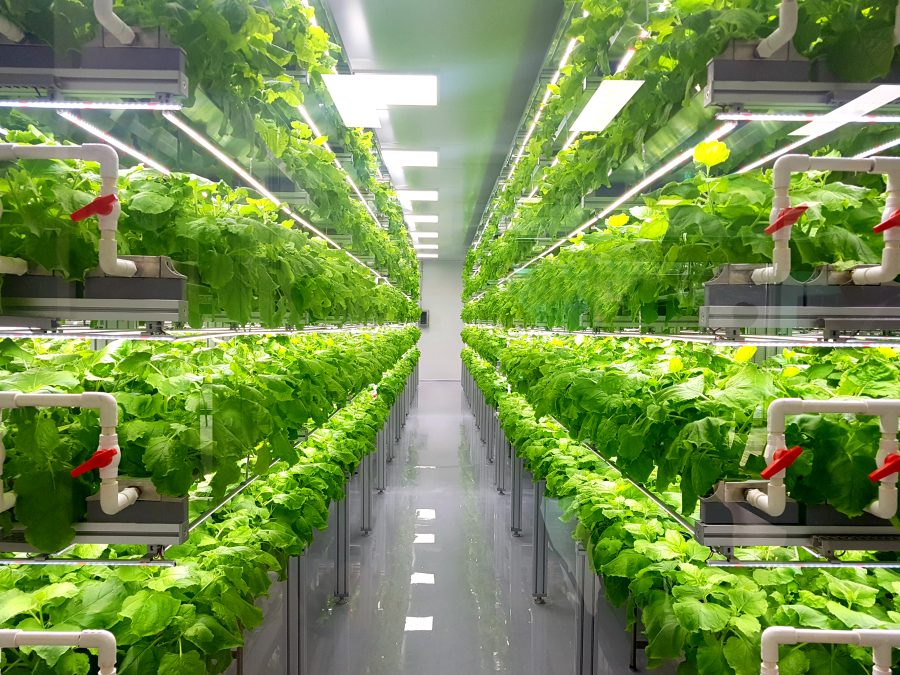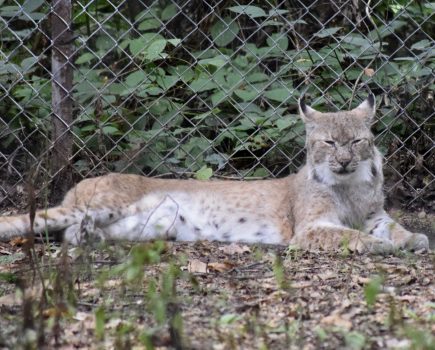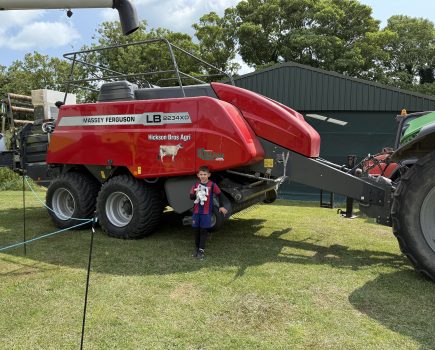With the rapidly changing landscape of farming, policy in flux (to put it mildly) and a strengthening of environmental commitments, investors looking at agri-tech are talking a changed vocabulary after the past 12 months.
CLIC (circular, lean, inclusive and clean) is what the shift in the global economy has been titled; it’s being credited with re-shaping how risk in business is categorised and how the return dynamics in the asset classes that are focused on our agritech sector are calculated.
We’ve lost a number of promising tech start-ups in the past six months, all unable to attract the necessary venture capital at a critical point in their evolution. Their loss will be felt in the coming year; there will be gaps in the marketplace and lag while others play catch up.
The environmental transition and the creation of novel strategies focused on nature-positive and climate-aligned goals is impacting on portfolios, insurance premiums as well as business valuations. Greenwashing isn’t enough; businesses, not just in the food sector, are being judged and valued according to the depth of their environmental, social and corporate governance commitments.
Biotech (biological controls, biological alternative to fertilisers, orchard technology etc.) has the potential to tackle some of the biggest issues associated with agriculture. Here in the UK, there is a specialisation opportunity in vertical indoor farming, animal agritech and precision crop management.
The UK has just seen the largest, successful, Series A capital investment ever run in Europe, which saw £21m invested in an indoor farming company. Series A is where all these good tech entrepreneurs want to get to. It’s a marker of survival and reflects investment in a business that has shown progress in building a commercial business model and shows potential for real revenue generation.
As we enter 2024, overall investment in agri-tech is displaying an upwards trend, with a noticeable increase after the economic conditions of 2023. A number of financial market analysts are predicting that investment will resume, focused on tackling growing food demand as well as trying to reduce the greenhouse gas emissions associated with intensive practices in some regions of the world.
Hopefully we’ll see venture capital being pushed into early stage companies that are focused on reducing the environmental impact of operations, increasing efficiencies and reducing the risk embedded in the estimation of crop potential when reporting to retail partners.
Over £100bn has been invested in agri-tech in Europe in the past 20 years, with a concentration in the past 36 months. The big question being asked now is whether or not it was enough to deliver enough high quality food for all. The UK is a leader in this sector, with almost 20% of European agri-tech businesses originating here.
The quest for sufficient food dominated discussions at COP28, alongside the conversations around reducing the impact on the environment of farming and industrial operations. There were both voluntary pledges and negotiated texts beginning to reflect their central role in climate change.
The global stocktake – the temperature check of the Paris Agreement – was the primary focus for many at the summit. This marked the first time that food was mentioned in a major UN climate change negotiated text. The links between climate change and biodiversity loss also featured throughout the two weeks of negotiations, with several of the major texts referencing the impacts that one has on the other.
A pledge on food and agriculture signed by nearly 160 countries was a major feature in the early days of the summit. Roughly a third of greenhouse gas emissions are associated with the production, movement or wastage of food. For the 28 years that the UN has met to discuss climate, this year was the first with a whole date dedicated to food and agriculture, with the final document acknowledging sustainable agriculture as a part of responding appropriately to climate change.
The UN’s Food and Agriculture Organisation unveiled a new roadmap aimed at outlining the pathway to reducing methane emissions by 25% and halving food waste emissions by 2030, along with a call for more crop biodiversity. In the UK, we’re going to see the introduction of mandatory food waste reporting, one step that DEFRA will be taking towards managing and reducing the UK’s footprint.







